Why are we running this project?
The number of refugee mothers in Germany, while by no means a homogenous group, has grown significantly, and quantifiably, in recent years. Most of these women are of working age and are more likely to have only low levels of education, if at all. Motivation to work among these women is high. Compared to refugee men, they are more likely to be engaged in marginal employment and tend to need more time to find work. Obstacles to finding work are widespread but vary depending on the individual’s situation and background, including factors such as language, family, education, prior work experience and health. Yet despite the many differences at play, a comparatively high drive to ‘belong’ successfully counters many of these difficulties, not least a desire to know that they and their families can successfully integrate and access the language, everyday life and work. Many of the women who have fled their homes also have children and therefore face issues in balancing the two. Studies show that refugee mothers who have (young) children in particular tend to speak less German and thus struggle more to find their feet in their new home. Mothers with young children complete proportionately fewer language courses, which in turn impinges upon their chances in the labor market.
The specific interrelationships between the different identities of refugee women leave them at risk of multiple forms of discrimination (intersectionality). Their gender and (refugee) status make them vulnerable to safety and security risks as well as more likely to be affected by gender-based violence. At the same time, these women often find themselves under increased pressure to provide for their families while able-bodied male family members are fighting for their home country – as is the case for many refugees from Ukraine. The age of (their) children and adolescents brings an additional life-stage-specific vulnerability. Furthermore, many refugee women have faced trauma, leaving behind or even losing their worldly possessions and those close to them.
These women are primarily from Ukraine, Syria, Iraq, Afghanistan, Eritrea, and Iran.
What are our goals?
The projects we support aim to effectively raise social participation among refugee mothers, empowering women and bolstering their resilience. Needs-driven provisions that promote their integration support these women in living independently and actively in Germany.
We want to do this by fostering collaboration between migrant civil society organizations and formal educational institutions to establish sustainable partnerships that offer support to refugee mothers and serve as models that can be carried over to other (refugee) groups and locations. In turn, this should ground each individual project within a wider topic network.
Moreover, the project aims to bolster both migrant civil society organizations and educational institutions in challenging times.
How does the project work?
The Robert Bosch Stiftung portal is open for applications until January 13, 2023. Please understand that we cannot accept submissions made by email. In February 2023, the owners of selected project ideas will be invited to apply for funding, with applications submitted and funding contracts awarded in March. Projects are then scheduled to start after the Easter vacation in 2023. The project duration is flexible and depends on the project’s individual needs.
A total of up to €80,000 per project in support is on offer for the entire duration of the project.
Who are the target groups?
The project is aimed at both migrant-led civil society organizations (to take overall responsibility) and formal educational institutions that see themselves as local actors interested in improving local community relationships. The driving force behind the joint projects should be a desire to bolster social participation among refugee mothers.
Migrant civil society organizations will receive support in their work with refugees as well as access to resources, greater visibility, and recognition for the important role they play. By partnering with educational institutions, they will gain access to refugee families, pedagogical staff, and physical space for their work.
Daycare centers and schools for their part will gain access to local migrant civil society organizations and, in turn, their expertise and experience in working with refugees. Such contact will grow their own expertise in respectfully dealing with vulnerable groups in consideration of diversity. Partnerships with external actors can also be used for the systematic growth of schools and teaching.
Where is the project run?
Project locations in Germany where there is a particular need, for example where there are high levels of migration.
Who organizes and supports the project?
Two Robert Bosch Stiftung topic teams, Immigration Society (Global Issues funding area) and Organizational Learning (Education funding area) have joined forces internally for the purposes of this project. The Robert Bosch Stiftung seeks to strengthen social participation among refugee mothers and better conceptualize the role that partnerships on the ground between migrant civil society organizations and educational institutions can play in this process.
